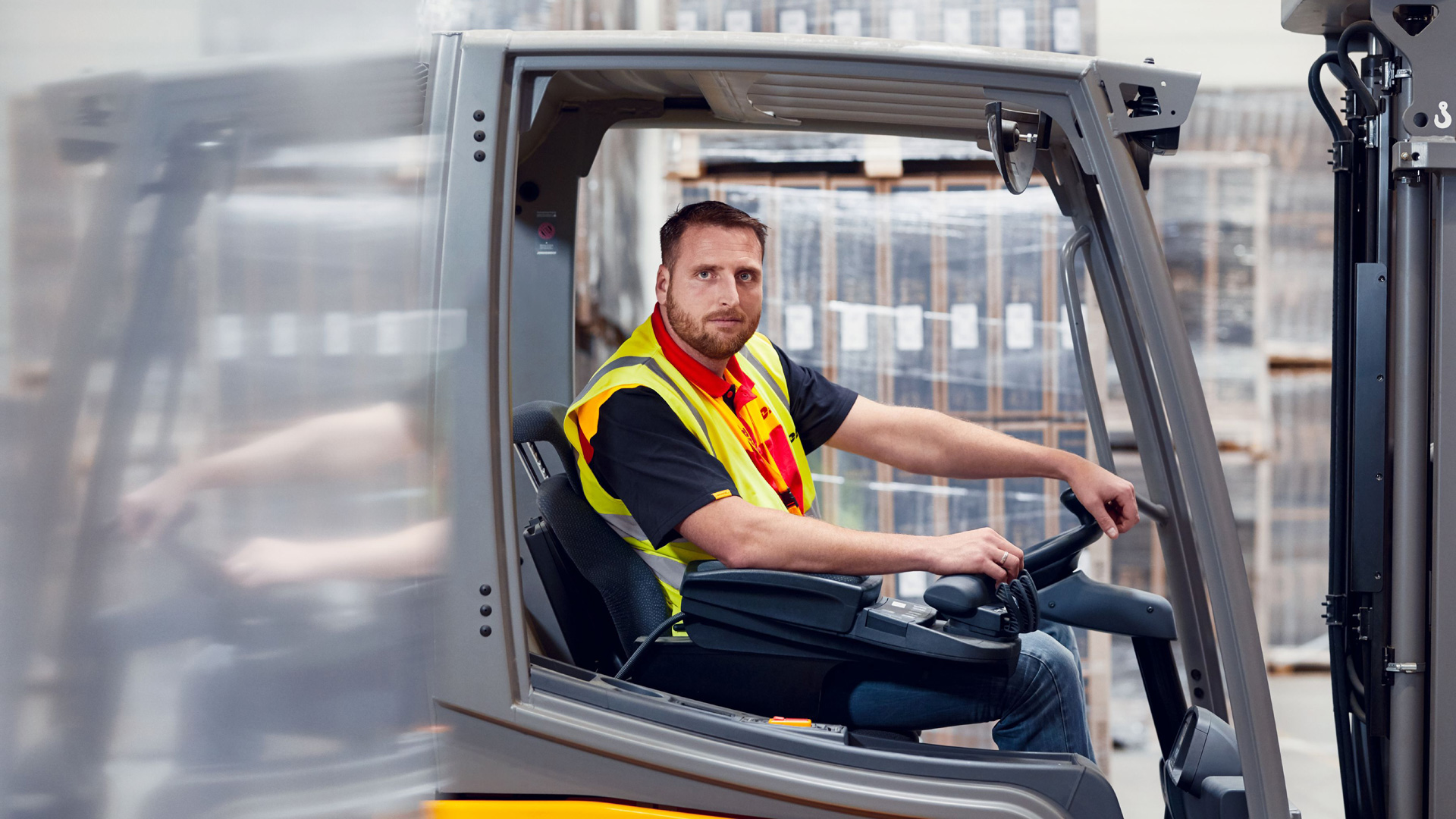
<!--[CDATA[
Three cheers for the pallet! This standardized load-carrying device enables a safe transport of goods around the globe, and ensures truck space is used even more efficiently. Thomas Thiele is responsible for the management of central loading equipment at DHL Freight Germany. Here, he explains the importance of effective pallet management. In modern logistics, the pallet is like the flying carpet in the tales of "A Thousand and One Nights". From cans of food and electrical appliances to machine parts, anything can be transported from A to B on these clever 80 x 120 centimeters wooden pallets, as long as it weighs no more than two tons when distributed. This environmentally-friendly load-carrying device has become an indispensable part of modern road freight transport. "I can't imagine a world without pallets. They're the backbone of our business," says Thomas Thiele, who is responsible for the overall management of pallets at DHL Freight Germany. Which is why it's so important for business partners to include pallet exchange in their transport order planning as it saves the additional transport of empty pallets. Pallet exchange is a predominantly German phenomenon. In most other European countries, pallets are sold along with the goods. In Germany, depending on the arrangement made, both the contractor and the recipient of the goods need to have enough pallets available for exchange. The number is usually announced by the customer beforehand. However, particularly with general freight, a business partner may not always have enough pallets to exchange. Source: DHL Freight
Adapting workflows
"To prevent shortages, we have to continue to improve our workflows and for example make our documentation more transparent," says Thiele. Each imported or exported pallet should be precisely registered. His idea for the future: complete digital documentation of pallet numbers. In practice, that means setting up an online account in the transport management system for all partners, including the pallet certificate. The advantage for business partners: an electronic interface that enables clients to view their account at any time. The advantage for DHL Freight: instead of having to laboriously enter the data into a spreadsheet to be able to evaluate them, an overview of actual numbers of pallets at the terminal would be just a few clicks away. "When it comes to pallet management, you shouldn't ignore the financial aspect – it's significant," says Thiele. DHL Freight Germany handles several million consignments each year. Currently, a pallet costs nine Euros, a significant sum that has to be included in the monthly budget. Thiele expects to see a real benefit in this regard from "Evolution for You". The major transformation project at DHL Freight will be launched in two test countries next year with the aim of leading the division into the digital age with confidence.



